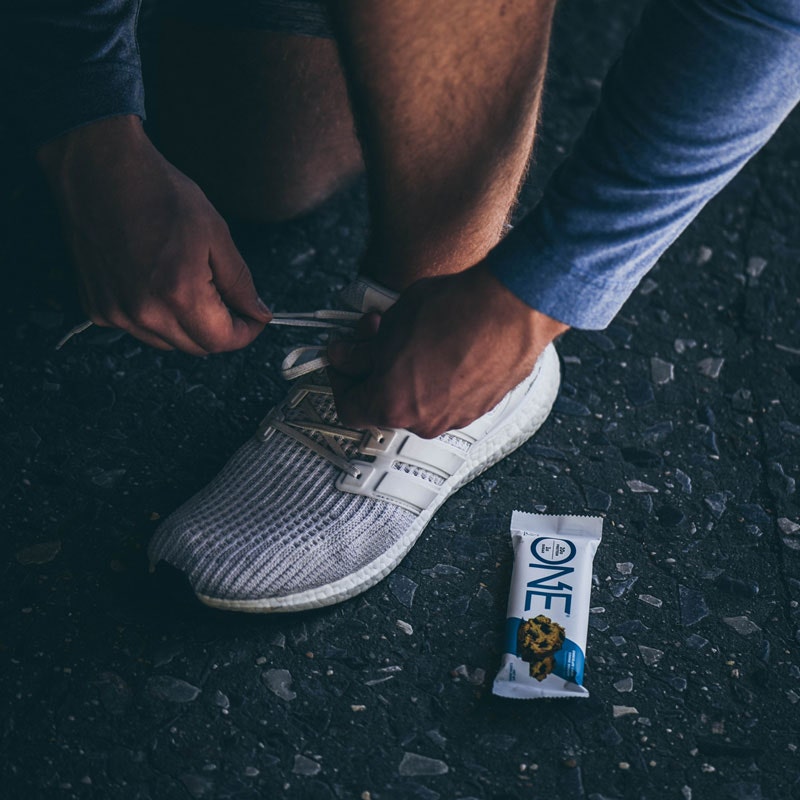So you’ve decided to run a race this summer. Congrats! Whether it’s your very first 5K or your second marathon, you’re probably a little apprehensive about the training that follows. But don’t let worrying get the best of you. You’ve already done the hardest thing—deciding to embark on this journey in the first place!
Here are a few tips on getting ready for race day from your friends here at ONE Brands.
1. Choose your race wisely.
As a general rule, you should avoid going straight from the couch to the starting line of a marathon. Fortunately, there is an amazing assortment of running events available at every fitness level and in almost every community.
- If you’ve never been a runner at all, you can start with a fun run/walk event that might not even be timed. They’re generally filled with people of all ages and ability who are smiling from ear to ear just because they’re participating. And they’re held at some really interesting places—from shopping malls to animal sanctuaries filled with tigers and bears watching with curiosity as you run past.
- If you’ve been a runner in the past but you’ve lapsed somewhat, you’re probably safe jumping right into a 5K or 10K timed event.
- If you’ve done some timed events in the past, it’s time to raise the bar! There are half-marathons and marathons within a few hours’ drive of pretty much everywhere in the country these days.
- Finally, if you’re totally crazy, you can do a 100-mile run at 10,000 feet.
2. Get progressive!
There’s a science to training, and it clearly shows that gradually working towards your goal is the safest and most effective method. It’s called progressive training, and it really works! Progressive training gives your body time to develop endurance and strength safely—making it more likely that you’ll finish the race and want to do another someday.
- For a 5K or 10K, start around 10 weeks before race day with a series of run-walk intervals (running as much as you can at first). Gradually increase the distance and intensity of your workouts until you’re walking less (or not all all).
- For a half marathon, start no less than 12 weeks out and follow the same pattern as above. Be sure to give yourself plenty of rest between your last training run (on which you should be able to do a full 13.1 mile course) and race day.
- For a full marathon, plan on 20 weeks of progressive training. Note that some marathoners-in-training never actually run 26.2 miles in advance of the race because of the fatigue it causes. If you can get in one 18 or 20-mile practice run, you should have no problem finishing once the adrenaline kicks in on the big day!
3. Score some support.
Don’t go it alone. When family and friends find out that you’re committed to running for fun and fitness, they’ll want to help you reach your goal (and they just might join you as well).
- Hook up with a training buddy to make your progressive training more like something you want to do and less like something you have to do.
- If you know someone who’s a runner, be sure to lean on them for advice and support.
- On race day, invite everyone who’s played a part in your success to witness your triumph!
You can do this! With a little help and the right training, you can make your first run (or your next run) the start of something really big. Now, who’s ready to sign up and start training? It all starts in 3… 2… 1…


